Blog
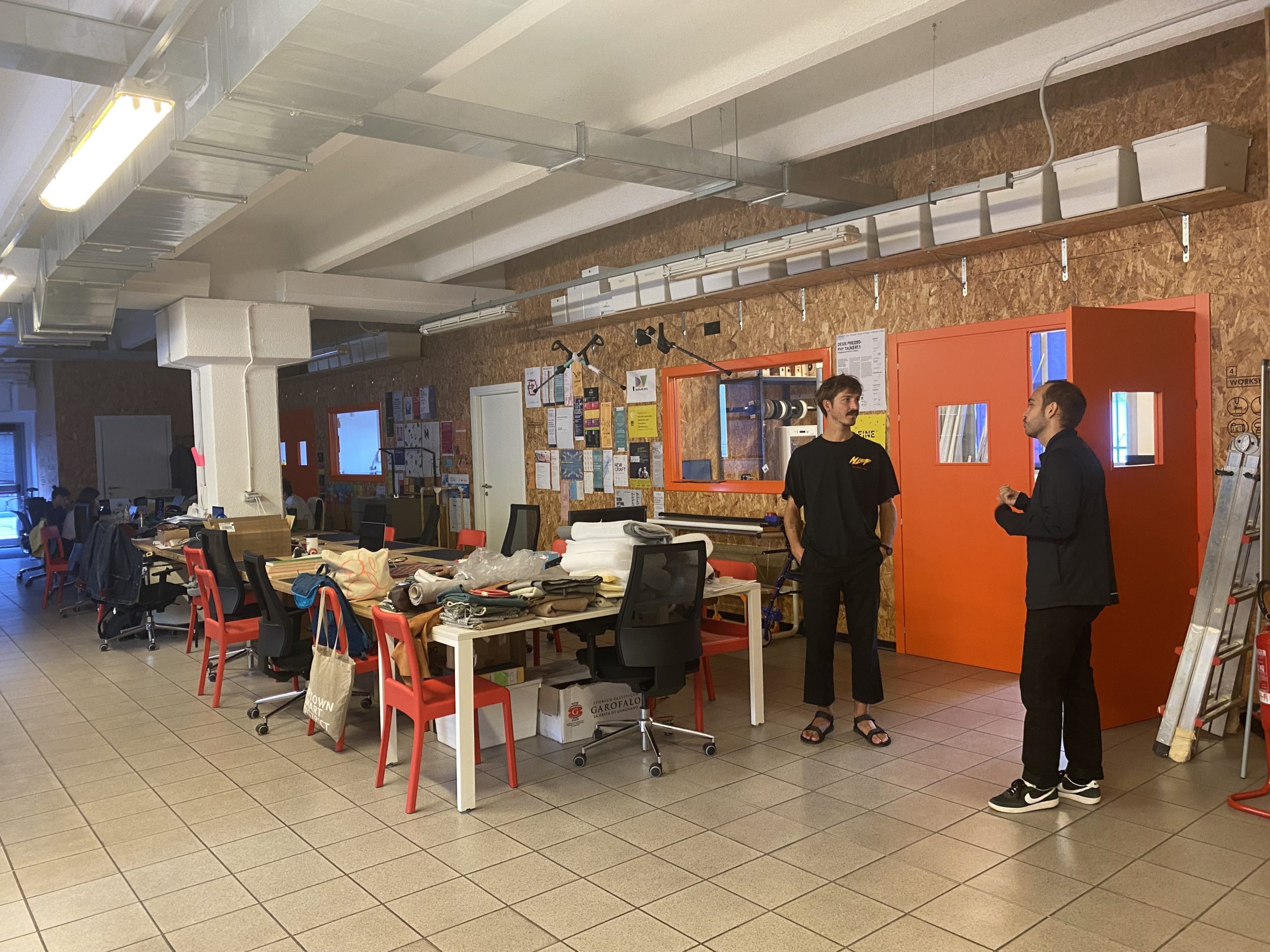
October 11, 2022
Open Call for Ideas: OPEN FOOD FACTORY | Distributed Design for Plant-Based Food
Polifactory – Politecnico di Milano, as a member of this platform, has decided to focus their efforts for this edition on creating tools for an open and democratized way to help people harvest, transform, preserve, cook and promote plant-based food. Since Polifactory’s experience in teaching activities at the School of Design of Politecnico di Milano regarding Circular Design and Food Design, we thought of a spin-off theme inside the Distributed Design Platform that we called Open Food Factory.
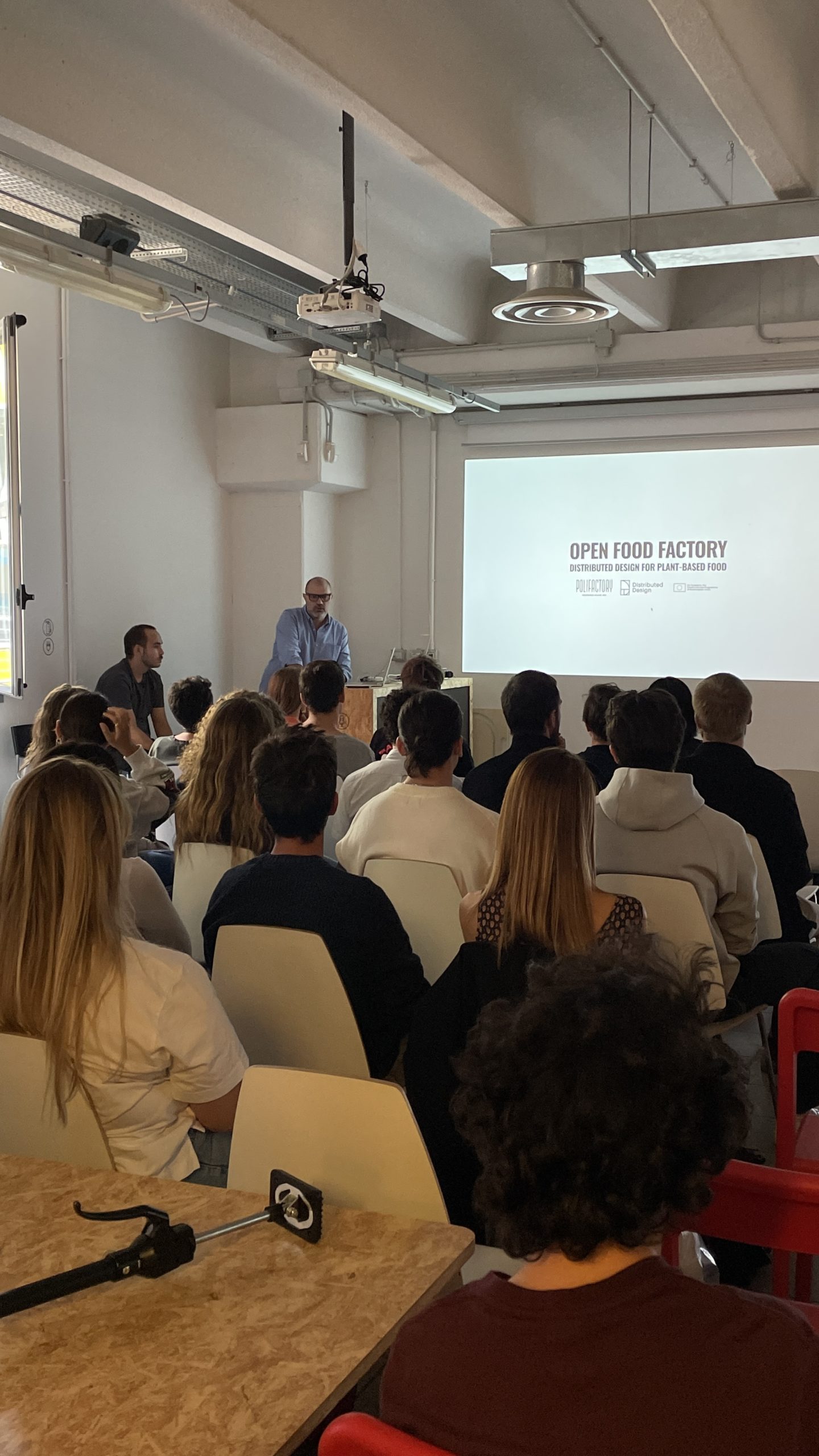
Open Food Factory is an experimental initiative exploring the relationship between distributed design and plant-based food to design open-source and circular solutions dedicated to fermentation and distillation or extraction processes. Polifactory opts for those processes because of their high transformation values and low diffusion around European food culture. We wish to make these processes more accessible and inclusive and start experimenting with new fermented and distilled foods or fermentation and distillation techniques.
“We need a transformation of the food system in Europe” – FOODSHIFT2030
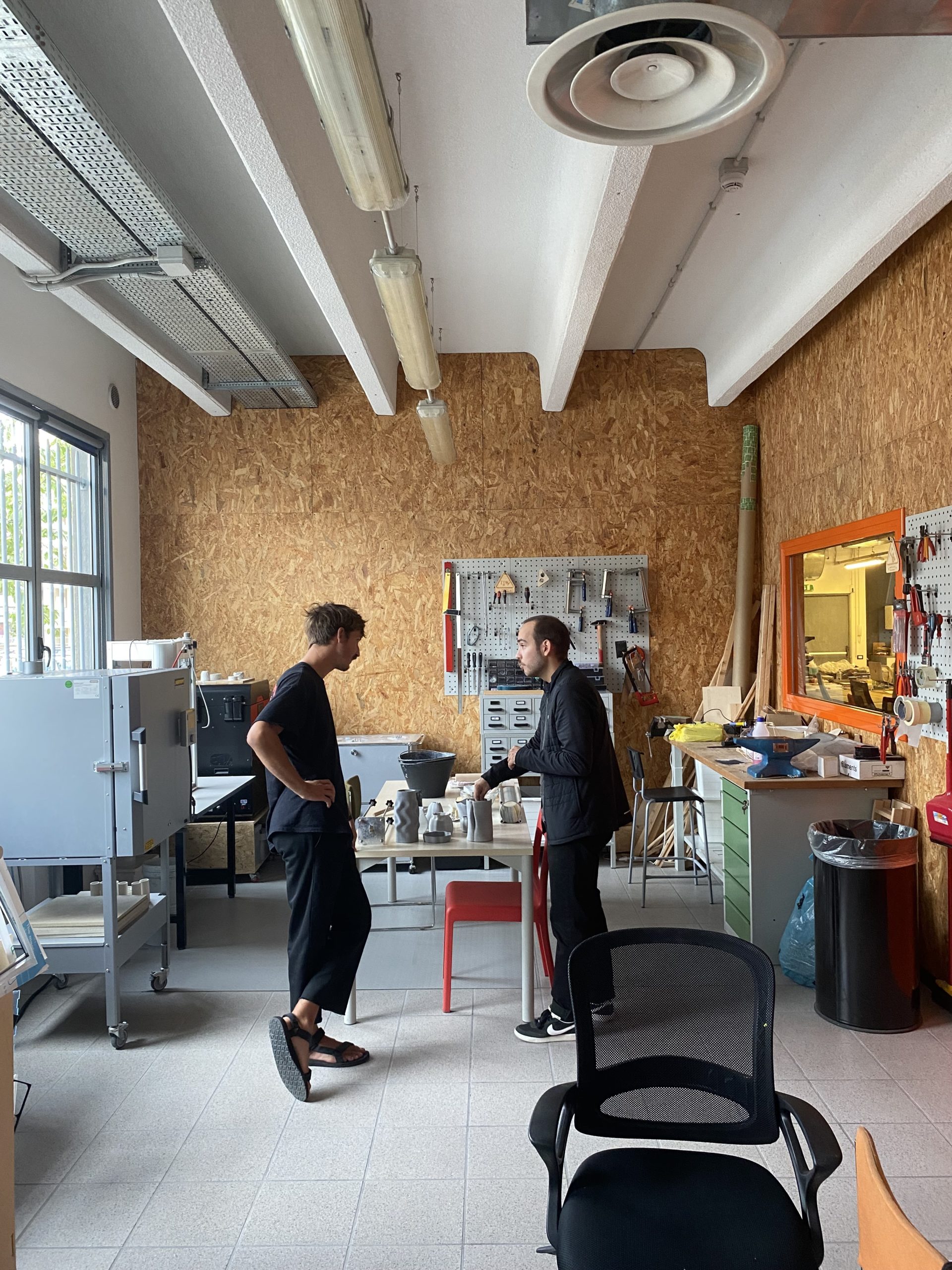
Historically, in Europe, as in the rest of the world, fermentation has been crucial in transforming a wide variety of foods by increasing their nutritional value and shelf life. Pasteurization, refrigerators, and other modern food preservation techniques have made certain types of fermentation less necessary, and many products have been forgotten. Today, especially among the new generations of Europeans, we are witnessing the rediscovery and revival of fermented foods and traditional fermentation processes combined with a growing interest in fermented foods from other cultures such as kombucha, kimchi, tempeh, kefir, or miso.
Fermentation aligns with the circular economy’s principles. It ranges from valorizing food waste to adopting natural, low-energy food processing, production, and preservation processes. In addition to producing alcoholic beverages, distillation also allows the production of natural extracts such as essential oils and aromatic waters from wild and aromatic plants and herbs (leaves, flowers, fruits, and twigs) and food waste such as citrus peels. Extracts obtained through distillation have been known since antiquity. They can be used in cooking and beauty practices, to alleviate the symptoms of illnesses, to aromatize environments, and, more recently, even in the preparation of zero-alcohol cocktails. The development of innovative solutions dedicated to these techniques is interesting to explore as a function of developing distributed production models and micro-production processes related to emerging behaviors and diets such as plant-based diets.
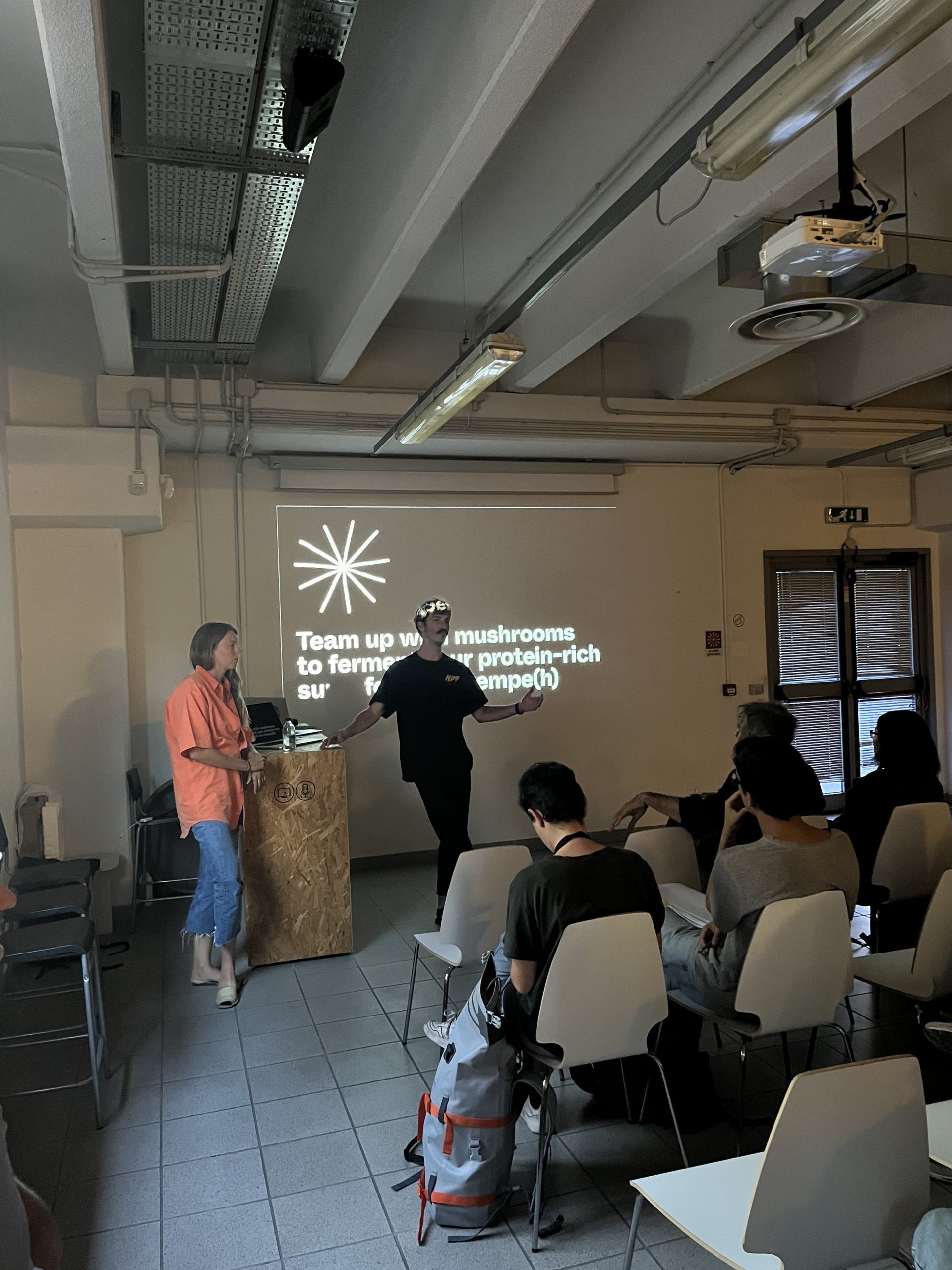
This new project activity is being developed in three phases:
(1) An open call for ideas (deadline the 15th of October, 2022) invites young designers interested in circular agrifood systems to submit ideas related to open-source solutions for plant-based fermentation and non-alcoholic distillation. (2) Two ideas – one dedicated to fermentation and the other to distillation – will be selected by an international jury of experts in design, making, and food systems. The selected teams will develop their projects by February 2023 by making prototypes with technical and scientific support from Polifactory. (3) The projects will be promoted on Distributed Design Platform and presented within local events and initiatives dedicated to design and making.
To help clarify our topic, Polifactory decided to host an Open Call Launch Event on the 21st of September inside their spaces. The event aims to present the Open Food Factory initiative publicly and promote the open call for ideas to select and prototype ideas for fermentation and distillation processes proposed by young designers studying at Politecnico di Milano. During the event, a panel of chosen guests discussed their design and practical experiences in fermentation and distillation to stimulate reflection on the relationship between design and plant-based food.
The audience listened to the presentations from Francesco Bombardi, Food Designer and co-director Master Design for Food POLI.Design, Yue Liu of tofoodesign, a design studio located between Milan and Berlin, combining design and food through questioning and sublimating food-related behaviors in different cultural contexts, in forms of objects or activities, Stefano Tosoni of Wood*ing – wild food lab researching and experimenting with wild food for human consumption. Lastly, Maud Bausier and Antoine Jaunard of Domingo Club, a creative duo promoting plant-based proteins and creating the tools to make them at home to benefit our planet. Domingo club, winner of the 2021 Distributed Design Award, was selected as part of the platform’s mobility scheme to travel to Milan and promote their mission about fermented food.
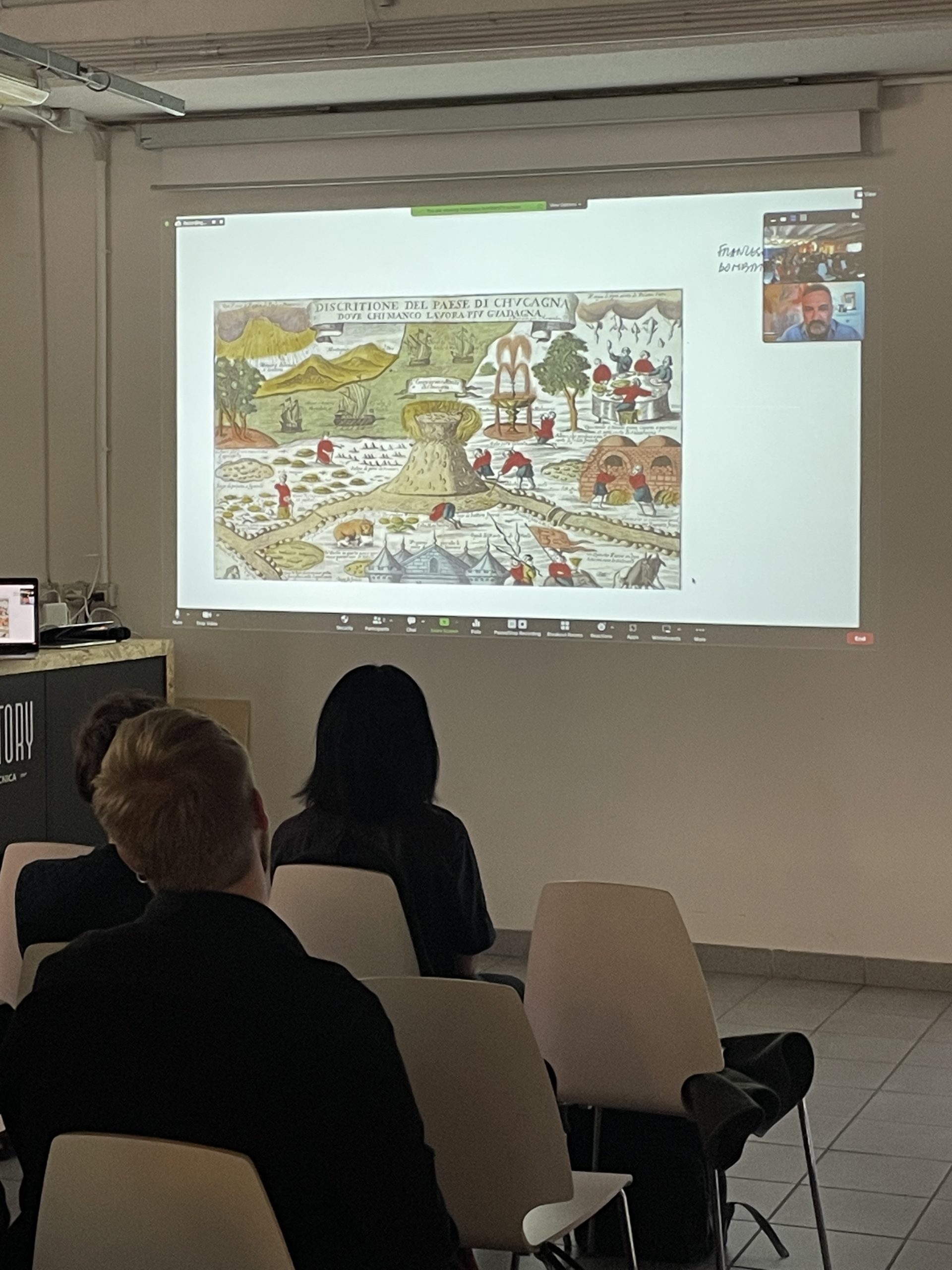
How to submit your ideas
Participation is simple. Applications can be submitted until 15th October 2022 by 23:59. Proposals must be sent to the email address [email protected] indicating in the subject line “Open Call for Ideas Distributed Design Platform + idea name” and must contain two attached documents:
1. Project Outline. PDF file resolution 150 DPI (maximum size of the PDF file = 10MB) named as follows: “NomeIdea.pdf” and containing
2. Text in Italian and English (max. 1,000 characters including spaces) explaining how the project idea is open source, what is its level of innovation and usefulness in the field of agrifood systems, what its technical feasibility at prototype and product-level using one or more of the technologies present in
Fab Labs (3D printing, laser cutting, vinyl cutting, CNC milling machines, microprocessors and microcontrollers, sensors and actuators).
3. Overall rendering or illustration (1 or more images), rough technical drawings, and main technical and construction details of the object can help the Evaluation Committee understand the idea.
4. Contact details and profile of participants. Text file with personal data (name and surname, address, e-mail, and telephone) and a short profile (max. 500 characters including spaces) of each member of the group. Polifactory will NOT be held responsible for any computer errors attributable to third parties, fortuitous events, or force majeure.
Intellectual Property
The projects selected and subsequently developed in collaboration with Polifactory – Politecnico will be released in open-source mode under a Creative Commons license and will be published on the Distributed Design Platform with the relevant documentation.
Contact and Information
Throughout the opening period of the Open Call for Ideas, there will be a helpdesk providing guidance and information to anyone who wants to submit an idea.
mail: [email protected]
tel: +39 02 2399 7134